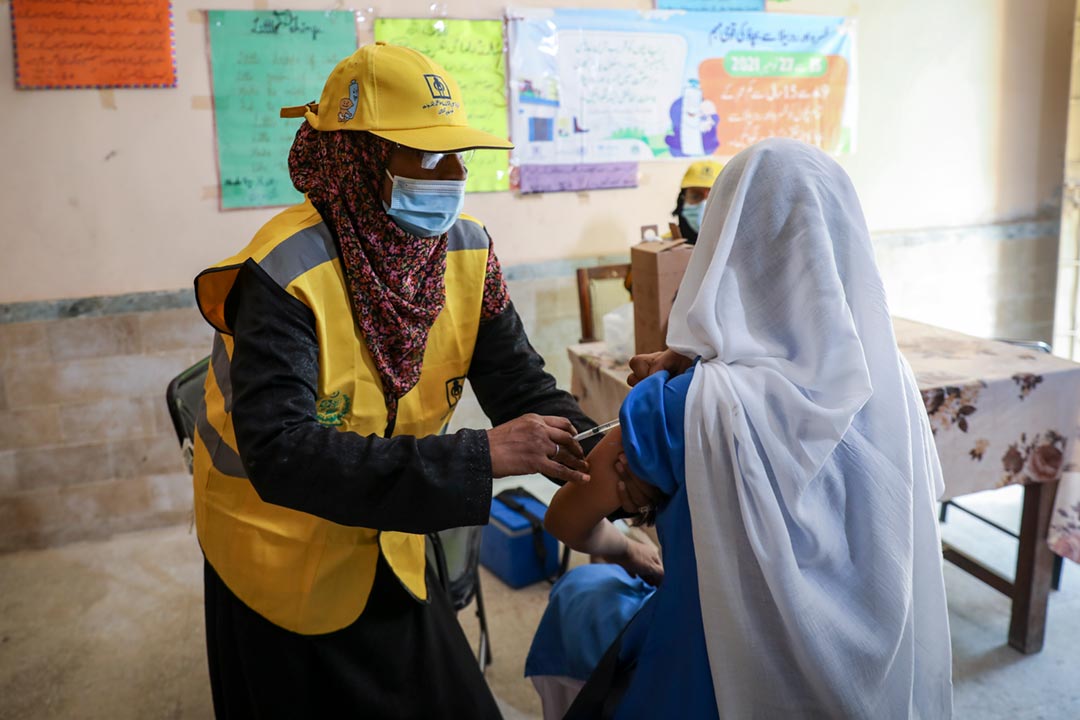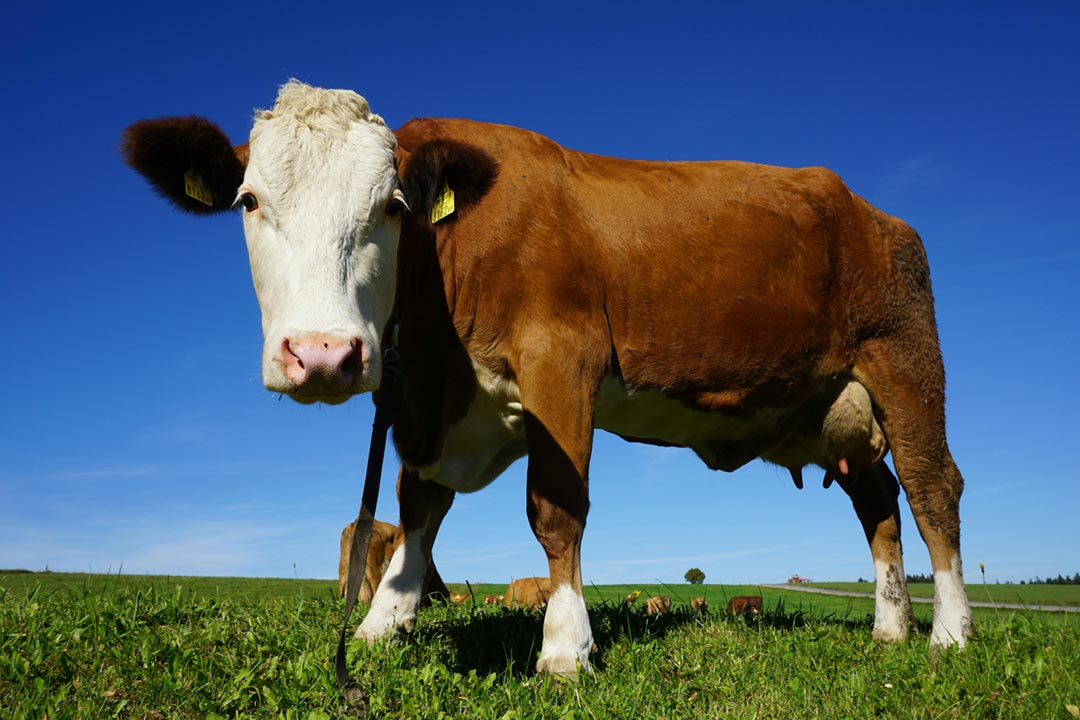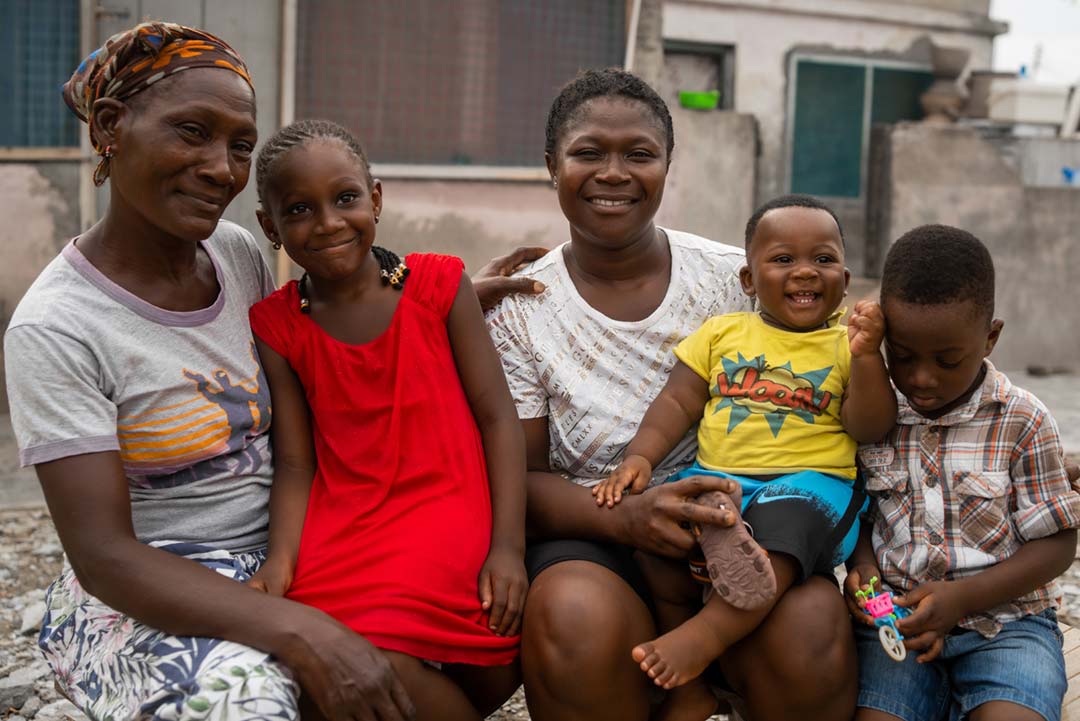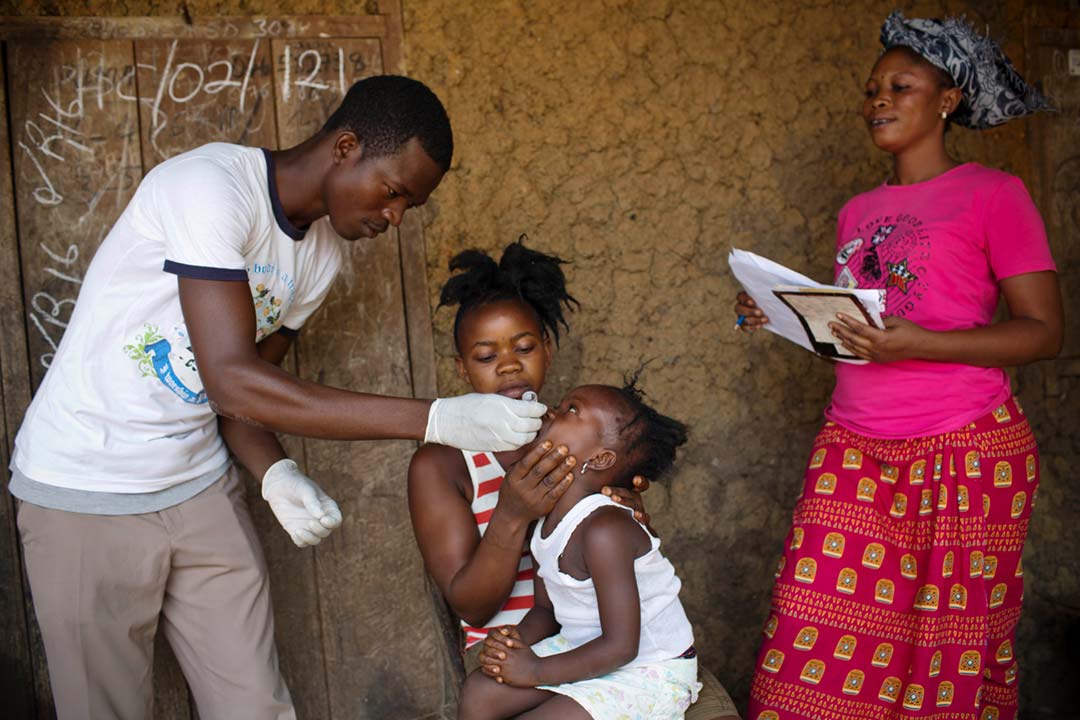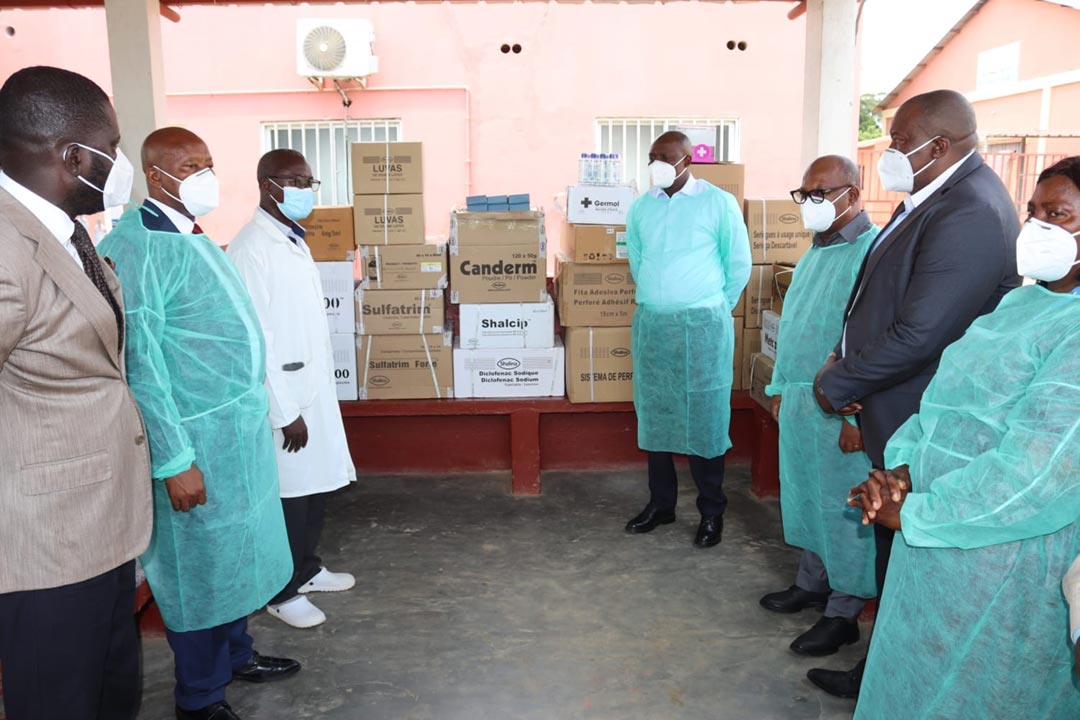Five things you need to know about monkeypox
The UK has seen unusual cases of monkeypox, which is normally spread by infected wild animals in Africa. So what is this disease, how does it spread and can it be treated?
- 17 May 2022
- 4 min read
- by Priya Joi
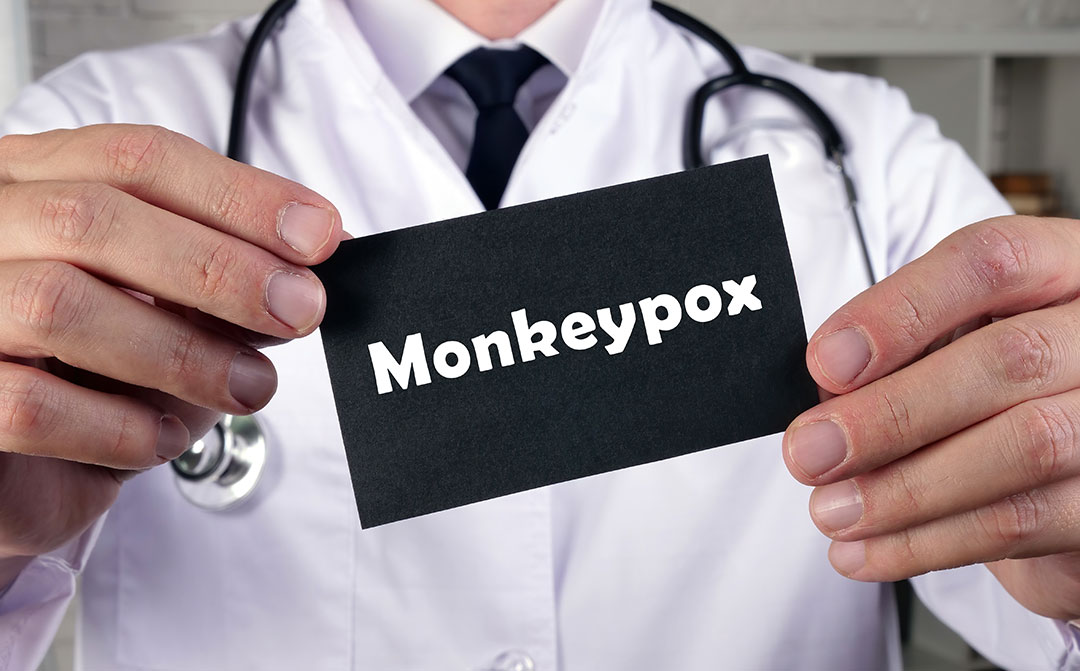
The UK now has seven cases of monkeypox, an infectious disease that doesn’t spread easily between people. The first case on 7 May 2022 is thought to have been brought into the UK by a traveller returning from Nigeria. A week later, two more had been diagnosed with monkeypox and health authorities said they were not related to the initial case.
The original first-generation smallpox vaccines are no longer available to the general public. A newer vaccinia-based vaccine was approved for the prevention of smallpox and monkeypox in 2019 but it is also not yet widely available.
Another four cases have been found, although the link is not clear, leading to concern about community transmission, though the risk of it spreading between people is generally low unless there is close physical contact.
Cases are rarely seen outside Central and West Africa, although there were two cases in the US last year, both in travellers returning from Nigeria. Here are five things you need to know about this deadly disease.
1. It’s caused by a smallpox-like virus
Monkeypox is caused by a virus of the same name that is closely related to smallpox, which has now been eradicated from the planet. Both are members of the Orthopoxvirus genus in the family Poxviridae. Monkeypox was first discovered in 1958 when outbreaks of a disease causing a pox were discovered in monkeys held in captivity for research. It was first seen in humans in 1970 in the Democratic Republic of the Congo (DRC) and it is now endemic in Central and West Africa.
In 2020, the World Health Organization (WHO) reported 4,594 suspected cases of monkeypox, including 171 deaths (case fatality ratio 3.7%). They are described as suspected because confirmation requires PCR testing, which is not easily available in endemic areas.
2. It causes pustules all over the body
Symptoms normally appear between five and 13 days after infection, although it can take up to 21 days for them to appear. Early symptoms include fever, headache, muscle ache, backache, swollen lymph nodes, chills and exhaustion. Once fever has appeared, a rash tends to erupt, concentrated on the face, hands and feet before spreading to other areas of the body. It can spread to the inside of the mouth, the genitals and the cornea. The rash progresses until it forms a scab which falls off, and in some cases large sections of skin can drop off the body.
Although symptoms often ease within a month, one in ten cases can be fatal. Children are particularly susceptible.
Have you read?
3. Diagnosis requires PCR tests
Given that rashes are seen in many other diseases such as chickenpox and measles, WHO recommends diagnosis when identification is necessary. This has to be with PCR testing, they say, because orthopoxviruses produce antigens and trigger antibodies that could look like other related viruses, thus analyses of these cannot pinpoint that the virus is monkeypox.
4. It can spread between people through close contact
The virus generally spreads to people from infected wild animals such as rodents and primates, found in the rainforests of Central and West Africa, but human-to-human transmission can also occur. Similar to viruses like Ebola, transmission only happens in close proximity by contact with lesions, body fluids, respiratory droplets or contaminated materials such as bedding or clothes.
5. There’s currently no cure, but we have a (very old) vaccine
At present, there is no specific treatment recommended for monkeypox by WHO, but there are antivirals licensed to combat orthopoxviruses, such as tecovirimat.
The smallpox vaccine was key to eradicating smallpox decades ago, and this vaccine can be highly effective – 85% – in preventing monkeypox. However, the original first-generation smallpox vaccines are no longer available to the general public. A newer vaccinia-based vaccine was approved for the prevention of smallpox and monkeypox in 2019 but it is also not yet widely available.
